When it comes to finding the right footwear for plantar fasciitis, the quest can often feel overwhelming. With countless brands promising comfort and support, one name that frequently pops up in discussions is Brooks. Known for their running shoes, Brooks has gained popularity among runners and casual wearers alike. But the burning question remains: are Brooks shoes truly good for plantar fasciitis? In this comprehensive article, we will dive deep into the features of Brooks shoes, explore real-world experiences, evaluate the pros and cons, and provide insights that will help you make an informed decision.
What is Plantar Fasciitis?
Before we delve into the specifics of Brooks shoes, it’s essential to understand what plantar fasciitis is. Plantar fasciitis is a common foot condition characterized by inflammation of the plantar fascia, a thick band of tissue that runs across the bottom of your foot and connects your heel bone to your toes. Individuals with this condition often experience:
- Sharp heel pain, especially with the first steps in the morning.
- Increased discomfort after prolonged periods of sitting or standing.
- Stiffness and swelling in the heel area.
Causes of Plantar Fasciitis

Several factors can contribute to the development of plantar fasciitis, including:
- Overuse: Activities that put excessive stress on the plantar fascia, such as running or standing for long periods.
- Foot mechanics: Flat feet, high arches, or abnormal walking patterns can increase the risk.
- Poor footwear: Shoes that lack cushioning and support can exacerbate the issue.
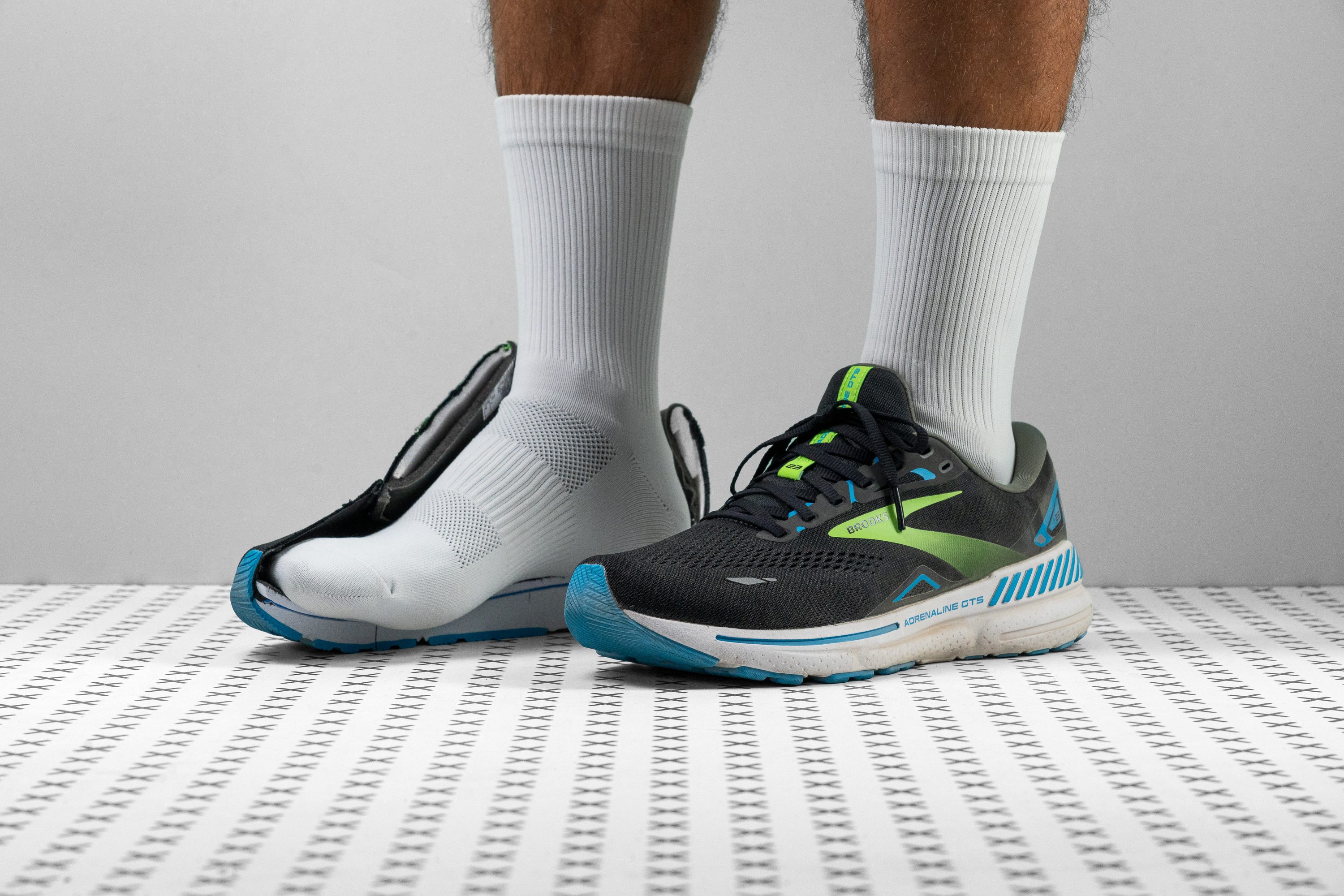
With this understanding, let’s see if Brooks shoes can be a viable solution for those suffering from plantar fasciitis.
Brooks Shoes: An Overview
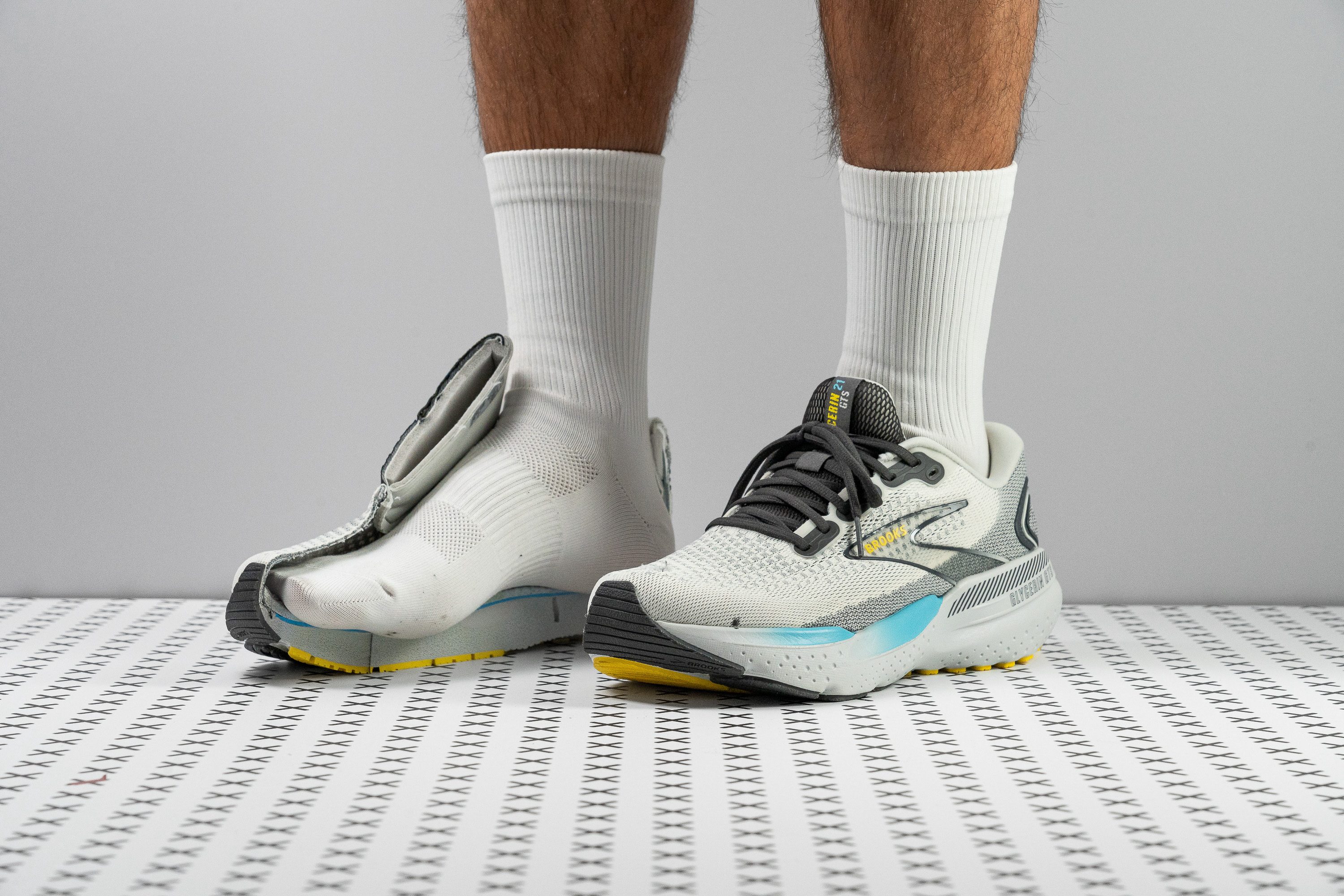
Founded in 1914, Brooks Sports, Inc. has carved a niche for itself in the athletic footwear market. What sets Brooks apart is its focus on running shoes designed to provide comfort, performance, and stability. Their shoes are specifically engineered for different types of runners, making them accessible to a broad audience.
Key Features of Brooks Shoes

Brooks shoes come with various features that are beneficial for individuals with plantar fasciitis, including:
- Cushioning: Brooks employs proprietary cushioning technologies like BioMoGo DNA and DNA LOFT, designed to provide adaptive cushioning.
- Arch Support: Features like the GuideRails® support system help maintain proper foot alignment, which can reduce strain on the plantar fascia.
- Durability: The materials used in Brooks shoes are designed for longevity, making them a wise investment.
- Breathability: Many models come with mesh uppers, promoting airflow and comfort during use.

Real-World Footwear Experiences
To provide valuable insights, we gathered real-world experiences from users who have struggled with plantar fasciitis and tried Brooks shoes. Here are some testimonials:
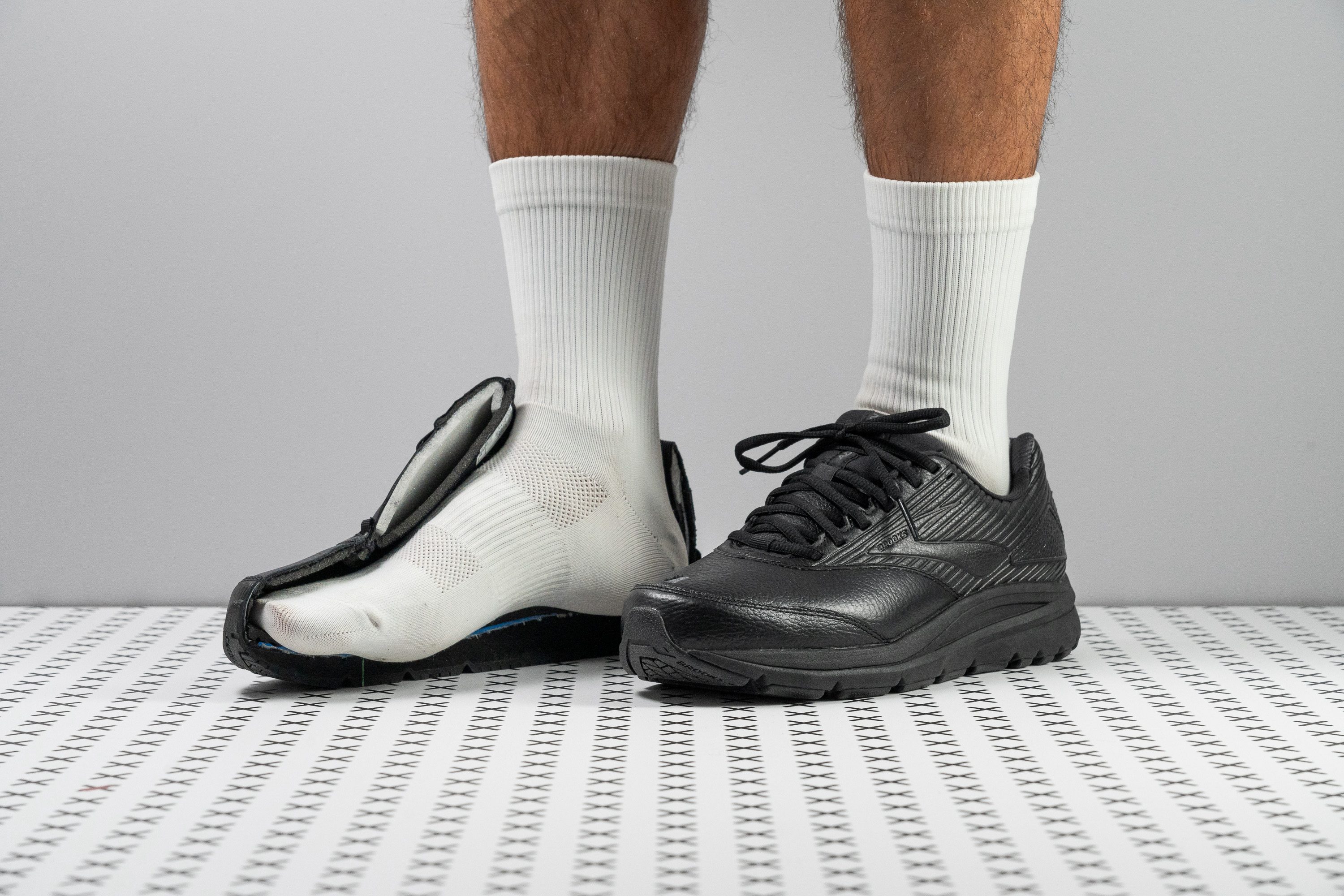
Case Study 1: Jane, an Avid Runner
“I’ve been dealing with plantar fasciitis for over a year, and my doctor recommended trying Brooks Ghost 14. I was amazed by the cushioning. I felt like I was running on clouds! The arch support helped alleviate my heel pain after long runs. However, I experienced some discomfort on longer runs of over an hour. Still, it’s the best I’ve found so far!”
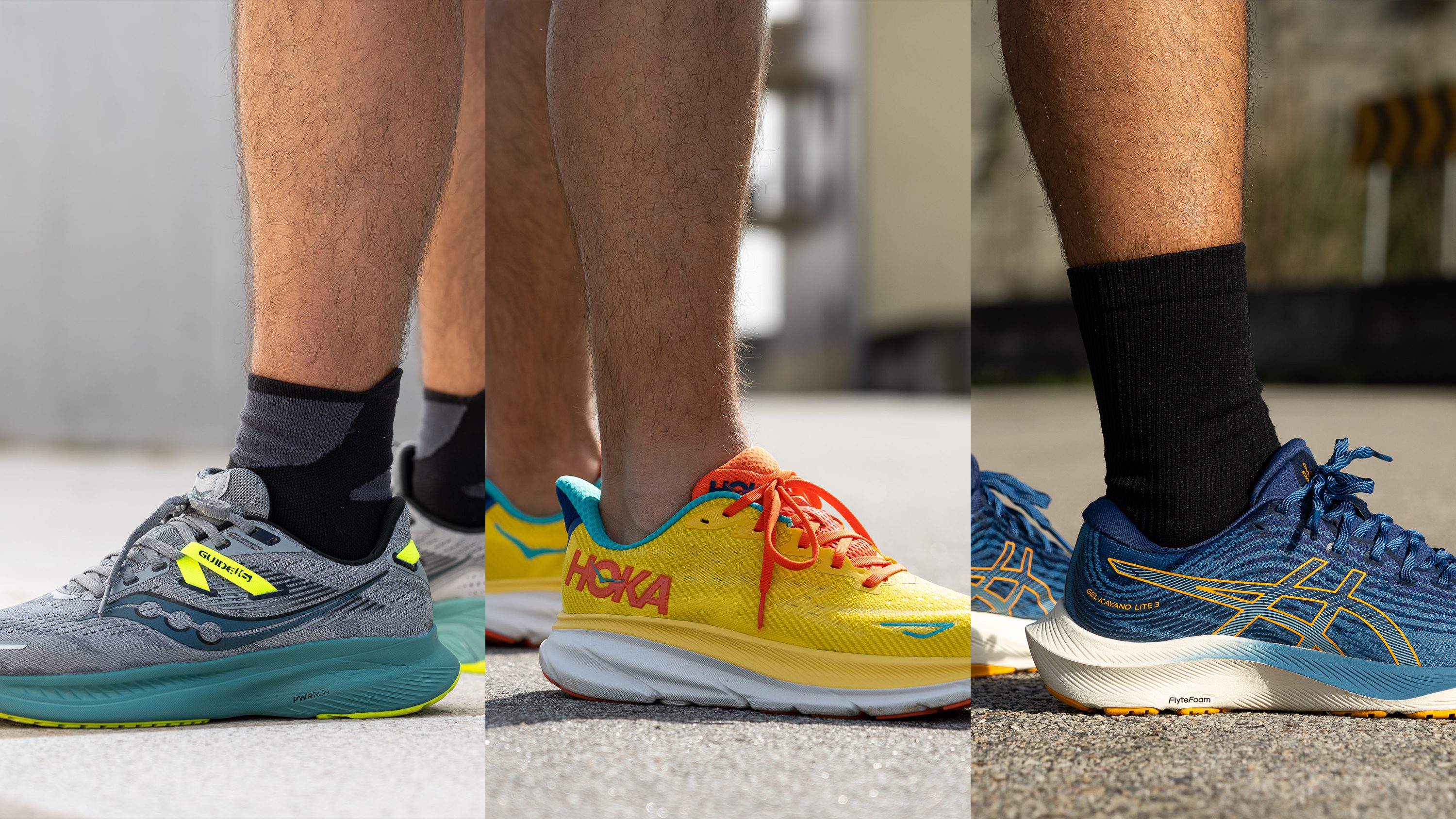
Case Study 2: Mike, a Weekend Warrior
“As someone who enjoys hiking on weekends, my plantar fasciitis made it difficult to enjoy my favorite trails. I decided to invest in the Brooks Adrenaline GTS 21, and it was a game-changer! The stability and support kept my foot aligned, significantly reducing my pain levels. I would recommend them to anyone dealing with plantar fasciitis!”
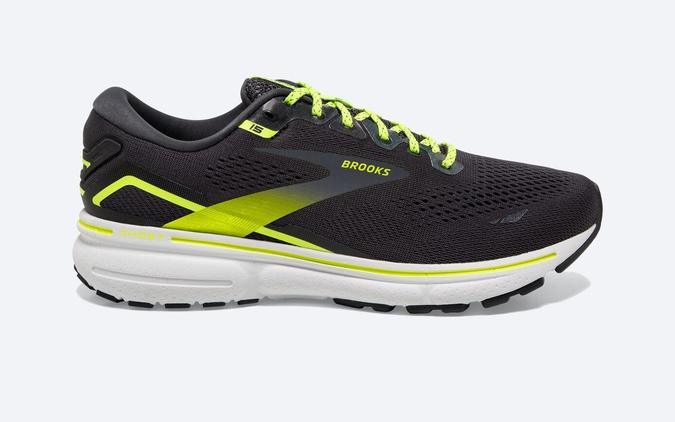
Case Study 3: Sarah, a Busy Professional
“I spend most of my day on my feet at work. After trying several brands, I finally opted for Brooks Addiction 13. The arch support was phenomenal, and I noticed a marked reduction in pain by the end of my shift. The only downside is they feel a bit bulky, but the comfort outweighs this concern.”
Comparing Popular Brooks Models for Plantar Fasciitis
To help you make the right choice, we’ve compared some of the most popular Brooks models known for their comfort and support for plantar fasciitis.
| Model | Cushioning | Arch Support | Stability | Price |
|---|---|---|---|---|
| Brooks Ghost 14 | DNA LOFT | Moderate | Neutral | $140 |
| Brooks Adrenaline GTS 21 | BioMoGo DNA | High | Moderate | $150 |
| Brooks Addiction 13 | DNA LOFT | High | High | $150 |
| Brooks Launch 8 | BioMoGo DNA | Low | Neutral | $110 |
Pros and Cons of Brooks Shoes for Plantar Fasciitis
Like any product, Brooks shoes have their strengths and weaknesses. Here’s a breakdown:
Pros
- Excellent Cushioning: The advanced cushioning systems absorb impact effectively.
- Arch Support: Many models provide great arch support, which is crucial for those with plantar fasciitis.
- Variety: Brooks offers a range of models tailored for different activities and foot shapes.
- Durability: The materials used in Brooks shoes tend to hold up well over time.
Cons
- Price: Brooks shoes can be on the higher end of the price spectrum.
- Weight: Some users find certain models to be bulkier than they prefer.
- Fit: The fit can be subjective; some users may need to try on different models to find the right one.
Tips for Choosing the Right Brooks Shoes for Plantar Fasciitis
Selecting the right footwear is crucial for managing plantar fasciitis. Here are some tips to consider when choosing Brooks shoes:
1. Know Your Foot Type
Understanding whether you have flat feet, high arches, or a neutral stance will guide you in selecting the right model. Brooks shoes typically offer various options catering to different foot types.
2. Try Before You Buy
Visiting a store to try on Brooks shoes can provide valuable insights into fit and comfort. Walk around the store to gauge how they feel.
3. Consider Your Activity Level
Different models are designed for specific activities. If you’re a runner, choose models like the Ghost or Adrenaline, while for casual wear, shoes like the Brooks Launch may suffice.
4. Pay Attention to Cushioning & Support
Opt for models with added cushioning and support. The DNA LOFT and BioMoGo technologies are excellent for those with plantar fasciitis.
5. Consult with a Professional
If you have chronic pain, consulting with a podiatrist can help you choose the best Brooks model tailored to your needs.
FAQs About Brooks Shoes and Plantar Fasciitis
1. Are Brooks shoes suitable for flat feet?
Yes, Brooks offers models like the Adrenaline GTS, which provides excellent arch support for flat feet.
2. How long do Brooks shoes typically last?
On average, Brooks shoes can last between 300-500 miles, depending on usage and terrain.
3. Can I use Brooks shoes for walking?
Absolutely! Many Brooks models, especially the Ghost and Addiction, are great for daily walking and casual wear.
4. Do I need to break in Brooks shoes?
While some users find Brooks comfortable right out of the box, a short break-in period may be needed for some models.
5. How do Brooks shoes affect my running style?
Brooks shoes are designed to promote a natural running style, which can help reduce injury risk and improve overall biomechanics.
6. Are Brooks shoes worth the investment?
Considering their durability, comfort, and support features, many users find that Brooks shoes are worth the investment for managing plantar fasciitis.
7. Can I wash Brooks shoes?
It’s best to hand wash them with mild soap and air dry to maintain their structural integrity.
8. What’s the return policy for Brooks shoes?
Brooks typically offers a 30-day return policy, allowing you to return your shoes if they don’t meet your needs.
9. Can Brooks shoes prevent plantar fasciitis?
While Brooks shoes can provide support and cushioning that helps manage symptoms, they cannot guarantee prevention of plantar fasciitis. Proper care and attention to your feet are essential.
Final Thoughts: Are Brooks Shoes Good for Plantar Fasciitis?
In conclusion, Brooks shoes offer several features that make them a strong choice for individuals grappling with plantar fasciitis. With an emphasis on cushioning, support, and stability, many users have found relief from their symptoms. However, as with any footwear, individual preferences and needs may vary, so it’s essential to try different models to find the best fit for you. Whether you’re a dedicated runner or someone who spends long hours on your feet, Brooks could be a solid addition to your footwear collection. Remember to prioritize your comfort and foot health, and you may just find that the right pair of Brooks shoes is the key to kicking plantar fasciitis to the curb!